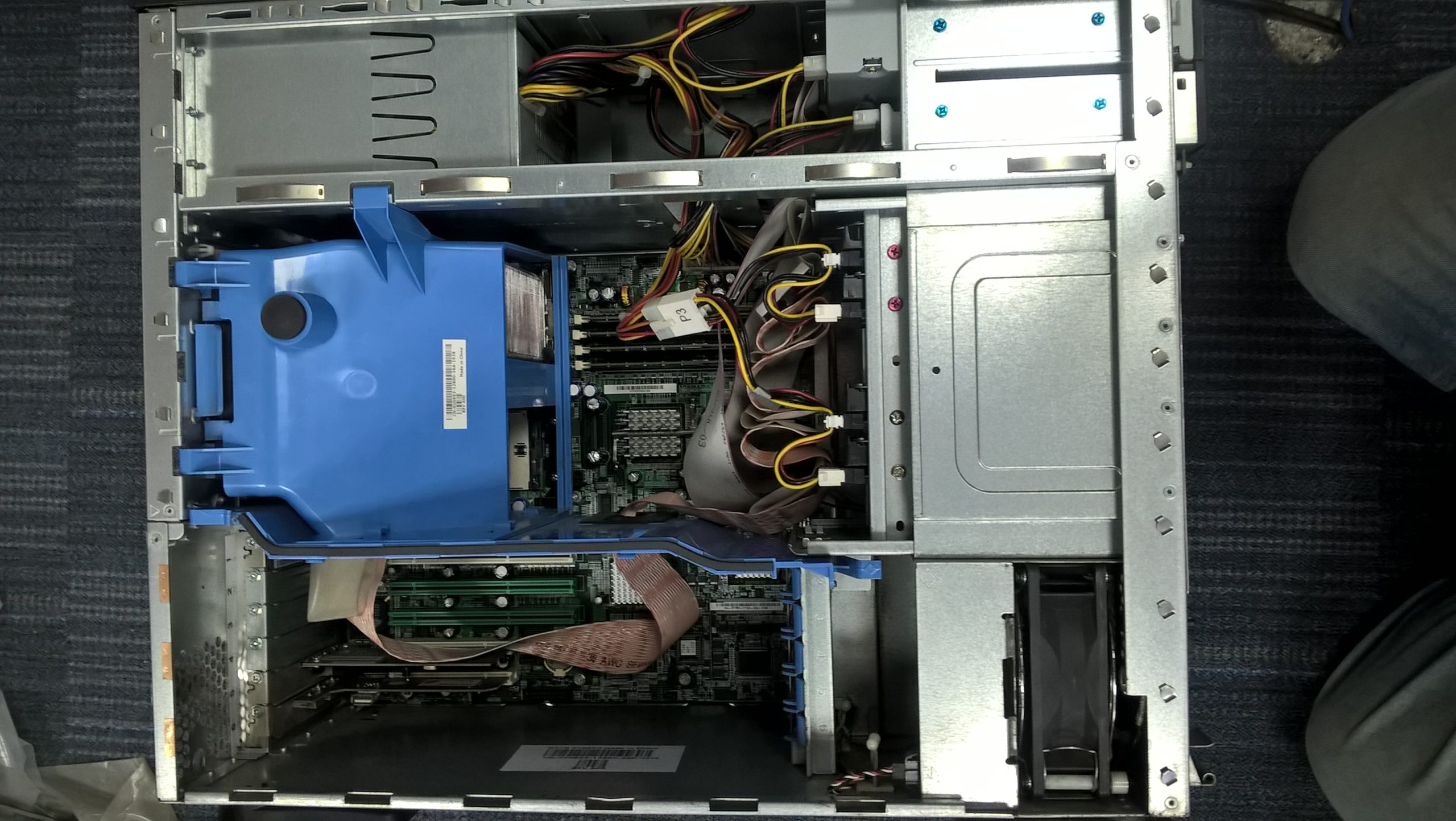Major Cybersecurity Breach: Over 9,000 ASUS Routers Compromised by Persistent Botnet
In a troubling development for internet security, a recent report from GreyNoise, a prominent cybersecurity company, has revealed that more than 9,000 ASUS routers have fallen victim to a complex botnet identified as “AyySSHush.” This breach, which was uncovered in March 2025, takes advantage of certain authentication vulnerabilities inherent in these devices.
What makes this attack particularly concerning is the method employed by the cybercriminals. They have ingeniously leveraged legitimate features of the routers to create a resilient SSH backdoor entrenched within the router’s non-volatile memory (NVRAM). This strategic placement ensures that, even after firmware updates or device reboots, the backdoor remains untouched and functional. As a result, conventional remediation strategies are rendered ineffective against this sheer persistence.
The implications of such a breach extend beyond individual users, affecting security protocols across networks that rely on these compromised devices. It serves as a stark reminder of the importance of robust cybersecurity measures and the ongoing threat posed by increasingly sophisticated cyberattacks.
In light of this incident, ASUS router users are strongly advised to remain vigilant, check for any irregularities in their network, and consider implementing enhanced security measures. As technology evolves, so too must our strategies for defense against emerging threats in the digital landscape.
By staying informed and proactive, we can better protect our home and business networks from such insidious attacks.
Share this content:




Thank you for sharing this important update. The persistence of the SSH backdoor embedded within ASUS routers highlights the complexity of modern cybersecurity threats. In situations like this, it’s crucial to follow best practices to mitigate risks:
It’s also advisable to stay informed through official ASUS security advisories and stay connected with credible cybersecurity sources. Implementing a multi-layered security approach can significantly enhance your defenses against persistent threats like the AyySSH